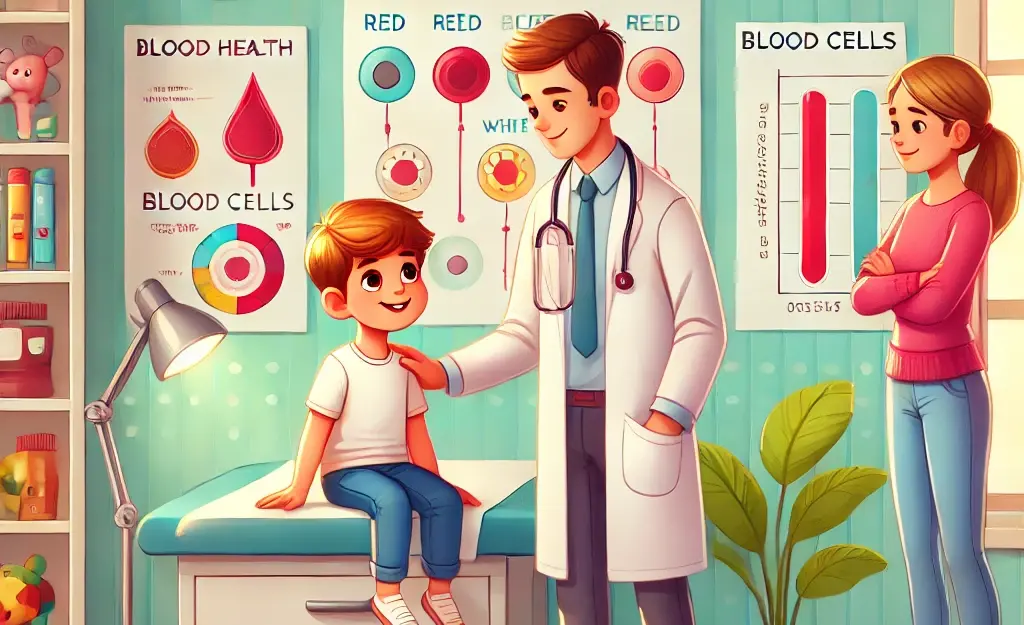Pediatric Hematology

Pediatric hematology is a branch of medicine that diagnoses, treats and monitors blood and blood-related diseases in children. The blood system, which includes blood cells, bone marrow and lymph nodes, undertakes many important tasks from carrying oxygen to immune defense in our bodies. Therefore, it is vital for children to have a healthy blood system for their general health.
What are blood diseases in children ?
Pediatric hematologists treat a variety of blood disorders, including:
-
Anemia: This is a common condition in children. There are several types; for example, iron deficiency anemia occurs when the body cannot produce enough red blood cells.
-
Thalassemia and Sickle Cell Anemia: In these genetic diseases, the blood cells cannot carry enough oxygen because they are abnormal.
-
Leukemia: It is one of the most common types of cancer in childhood. It occurs when abnormal white blood cells increase uncontrollably in the bone marrow.
-
Bleeding and Clotting Disorders: In conditions such as hemophilia, the body has difficulty stopping blood flow after injuries.
What Kind of Environment Do Pediatric Hematology Clinics Offer ?
It is important for children to feel comfortable and safe in pediatric hematology clinics. In these clinics, doctors have received special training in communicating with children and the treatment process is planned in a way that alleviates children's fears. Child-friendly decoration, colorful graphics, educational materials about blood cells and blood health allow children to learn about blood health.
In these clinics, families of children are included in the treatment process and a supportive environment is created.
.png)